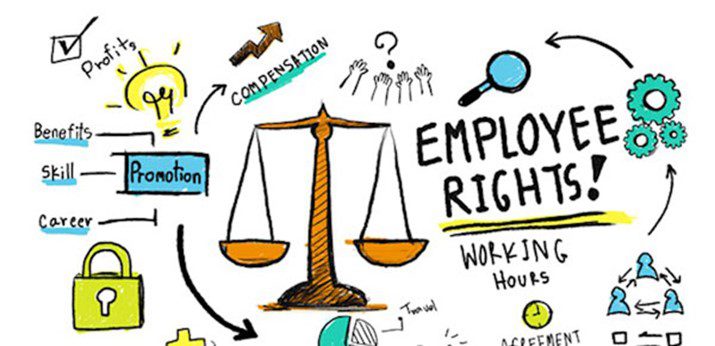If you aren't sure, IR35 simply put is UK tax legislation that aims to target disguised employment to ensure contractors pay the right amount of tax and national insurance.
What is Changing?
The big news is that from April 2020 there are new rights for employees and workers following the Taylor Review and Good Work Plan.
The uncertainty around employing contractors continues and the ‘Worker’ status is becoming increasingly important. If your contractors are deemed to be workers it gives them rights to the national minimum wage; paid holiday and protection under equality legislation – but not to other employment rights.
Recently, tribunals are erring towards ruling that contractors are indeed workers in the so-called “gig economy” you may have read about the key cases of the parcel couriers and Uber cab drivers.
The government now plans to bring the private sector in line with the public sector in regard to the ‘IR35 Regime’.
Use the Check employment status for tax tool to find out if you, or a worker on a specific engagement, should be classed as employed or self-employed for tax purposes.
What are the Main Changes?
The main changes to law (from April 2020 unless stated) are:
- From 6th April 2020 IR 35 is changing: Organisations and businesses that engage self-employed contractors will be responsible for establishing their’ contractors status and for paying income tax and NICs on behalf of contractors that fall within IR35 (i.e. are employees for tax purposes) There will be an exemption for small businesses with fewer than 50 employees and/or annual turnover of less than £10.2 million.
- A “day one” right to a written statement (contract) for employees and “workers” from April 2020
- Additional information to be included in the written statement
- Zero hours workers to have a “right to request a more stable contract”
- Continuity of employment is retained with a break of up to four weeks, giving more casual workers “employee” status
- Agency workers’ “Swedish derogation” (pay between assignments) to be abolished
- Clearer “employee” and “worker” status tests are to be subject to further research as they are “not straightforward”
- Calculation period for holiday pay for variable hours to increase from 12 to 52 weeks
- New single government agency to enforce basic rights including holiday pay for vulnerable workers
- Employers who don’t pay tribunal awards to be “named and shamed”
- Aggravated breaches by employers will increase from £5k to £20k from April 2019 (up to £40k if there is an award to the employee)
- All tips must be paid to staff from April 2020
- Key facts must be supplied to agency staff from April 2020
At Crystal HR & Payroll Ltd we will be ensuring that clients who use our HR Service, that their documentation meets all of the legal requirements including changes to the Employee Handbook and creation of a Worker contract.
If you want to know more, contact us for a no obligation chat, or call us on 0345 564 5774 and one of the team will get back to you.



